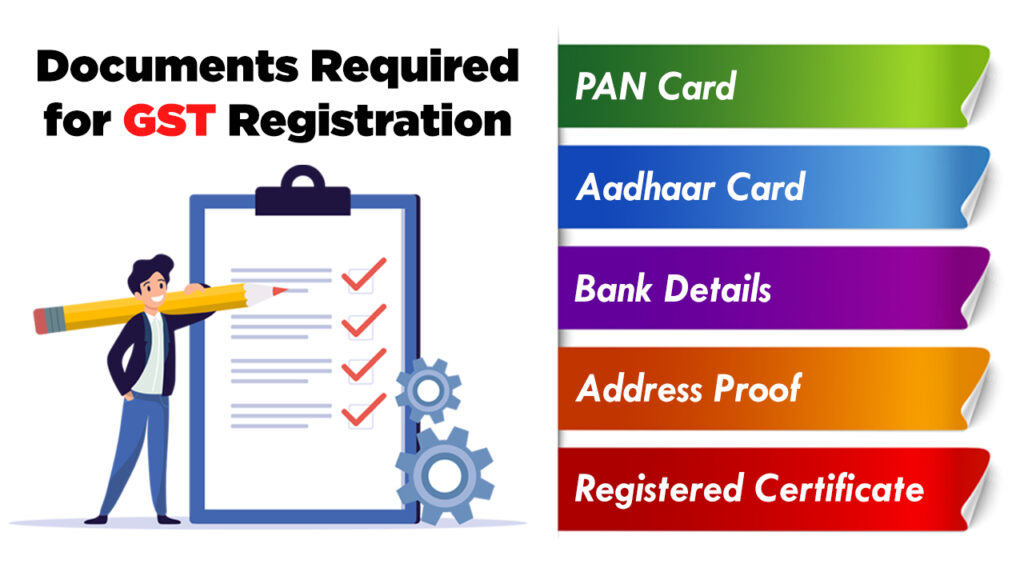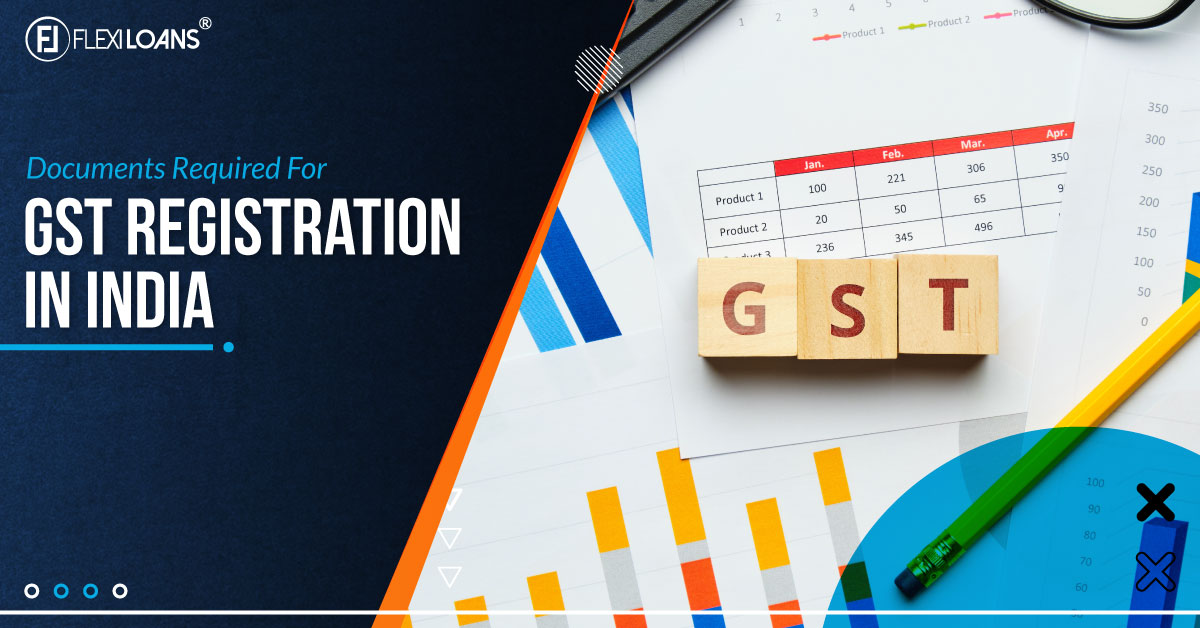Optimize Your Cost Savings with the very best GST Registration Services in Singapore
Optimize Your Cost Savings with the very best GST Registration Services in Singapore
Blog Article
From Beginning To End: The Ultimate Roadmap to GST Enrollment for Companies Seeking Financial Stability
Browsing the complexities of Item and Services Tax Obligation (GST) enrollment is an important step for services striving for monetary security. From understanding the essential concepts of GST to abiding by post-registration guidelines, the procedure can appear daunting initially look. Damaging down the roadmap right into manageable steps can simplify the registration trip for services looking to enhance their financial standing. Allow's explore the essential parts that comprise this supreme roadmap and find just how each stage adds to laying a solid structure for monetary success.
Understanding GST Essentials
Exploring the fundamental concepts of Item and Solutions Tax Obligation (GST) is vital for gaining a thorough understanding of its effects on companies and the economic climate. GST is a value-added tax obligation levied on most goods and solutions for residential consumption. It has actually replaced numerous indirect tax obligations that existed in the pre-GST era, streamlining the tax obligation structure and boosting convenience of doing business in India. Under the GST system, both items and solutions are exhausted at a particular price, which is established based upon their category. If their yearly turn over exceeds the threshold limit set by the federal government, companies are required to sign up for GST. Input Tax Obligation Credit History (ITC) is a significant feature of GST, enabling organizations to claim credit for taxes paid on inputs, lowering the total tax burden. Comprehending the essentials of GST is essential for companies to abide by tax laws, handle their finances successfully, and contribute to the nation's financial development by participating in a clear tax obligation system.
Qualification Criteria for Registration
To sign up for GST, companies have to meet particular eligibility standards established by the federal government. The main qualification demand is that any business associated with the supply of products or solutions with a yearly accumulation turnover above the threshold limitation set by the authorities should sign up for GST. Since the present laws, the threshold limit for GST registration is an annual accumulation turn over of 40 lakhs for organizations operating within a state, besides unique classification states where the limitation is 20 lakhs. Furthermore, particular companies are called for to sign up for GST regardless of their turn over, such as interstate suppliers, casual taxed individuals, and companies reliant pay tax under the reverse charge system. It is important for services to extensively evaluate their turn over and purchase kinds to determine their GST enrollment responsibilities precisely. Failure to register for GST when eligible can lead to penalties and legal repercussions, making it vital for businesses to comply with the defined eligibility requirements.
Records Required for Registration
Having fulfilled the eligibility requirements for GST enrollment, organizations have to now guarantee they have the requisite documents in location to wage the enrollment Web Site process efficiently. The papers required for GST enrollment normally include evidence of business constitution, such as partnership act, registration certificate, or unification certificate for various kinds of organizations. In addition, companies need to supply records establishing the major business, such as a rental arrangement or electrical energy expense. PAN card of the service, along with the identification and address evidence of promoters/partners/directors, are crucial for confirmation functions. Savings account statements, in addition to canceled cheques or a copy of the bank passbook, are needed to verify the economic details offered during registration. Companies must have digital signatures ready for the authorized notary. Making sure all these files are arranged and conveniently offered will accelerate the GST enrollment process, allowing companies to abide by tax regulations seamlessly.
Step-by-Step Registration Refine
Beginning the GST registration procedure involves a collection of organized steps to make certain a smooth and certified enrollment for businesses. The primary step is to check out the GST site and fill up out the registration form with precise information of business entity. Following this, the applicant receives a Short-term Reference Number (TRN) which is utilized to return to the application process if it's not finished in one go.
Next, all our website needed documents as per the list supplied by the GST portal demand to be submitted. These records normally consist of evidence of organization identity, address and enrollment evidence of marketers, financial statements, and business entity's PAN card.

Post-Registration Conformity Standards

Verdict
To conclude, organizations looking for economic security must comprehend the essentials of GST, meet qualification criteria, collect needed documents, comply with the step-by-step registration procedure, and adhere to post-registration standards - Best GST registration services in Singapore. By sticking to these actions, businesses can guarantee conformity with tax obligation laws and keep financial stability in the lengthy run
In addition, specific services are needed to register for GST irrespective of their turn over, such as interstate providers, laid-back taxed persons, and businesses liable to pay tax under the reverse charge device.Having satisfied the eligibility standards for GST enrollment, businesses must currently guarantee they have the requisite papers in area to proceed with the registration process efficiently. The files needed for GST registration usually include evidence of company constitution, such as partnership act, registration certification, or incorporation certification for various types of services. Furthermore, services need to provide files developing the primary place of business, such as a rental agreement or electrical energy bill.Commencing the GST registration procedure entails a series of organized steps to make certain a smooth and compliant registration for services.
Report this page